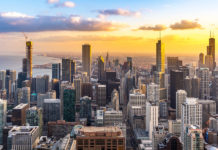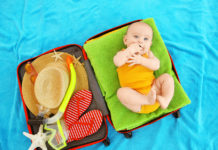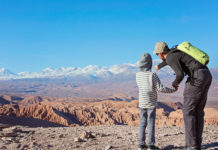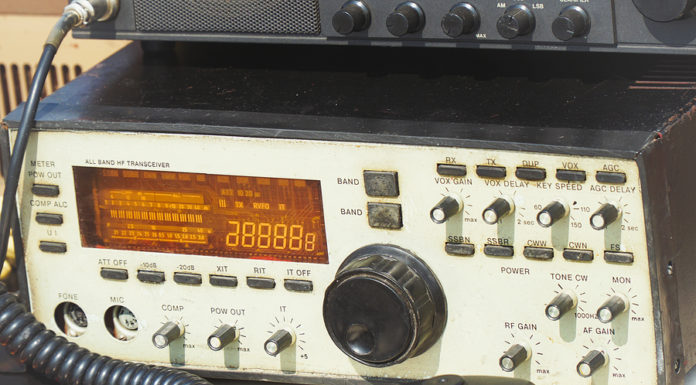Catastrophe comes from the Greek word “katastrophḗ” which means “overturn”. The word was first used to refer to disastrous ending in dramas, more commonly known as tragedy. However, in the year 1700 the meaning of the word was extended to include any sudden disaster or tragic events. This is why nowadays catastrophe is often used to refer to disastrous events such as tornadoes, hurricanes, earthquakes, and floods, among others.
When Disaster Strikes
While all these different catastrophes may be different in terms of cause, nature, and description all of these things have something in common, they often leave people dead and properties destroyed. Unfortunately, most of these natural disasters are quite difficult to accurately predict– when it will exactly happen, where it will really hit, or what kind of damage it can truly cause. The best thing to do for anybody is to be prepared. One can never be too prepared for such things. Like the saying goes, “Better be safe than sorry”. There are hardly any people who have regretted being “overly” prepared but there are millions who wish that they have prepared more or have done things differently.
The things that need to be prepared and the things that need to be taken cared of as part of being ready are almost the same across all types of natural disasters. However, what to do when disaster strikes is a whole different thing. It is one thing to be prepared and another to actually know what to do during a major catastrophe. The actions that need to be done in this case vary depending on the kind of disaster one is facing. Every catastrophe is unique that is why the level of attention and reaction is different.
A tornado is a strong rotating column of air coming from a thunderstorm to the ground. Records show that the strongest tornadoes (those with wind speed of up to 300mph) have the capacity for serious destruction. They can topple huge buildings, uproot trees, and toss vehicles hundreds of yards away. They can even damage paths up to a mile wide and even 50 miles long. Unfortunately tornadoes are common occurrence in the United States since its geography (central US) is fit to bring all the ingredients together to create tornadoes. To date, about a thousand tornadoes are reported nationwide each year.
What to do during a tornado?
– If you are caught indoors, make sure to stay low by going to the basement area, storm cellar or the lowest level of the building.
– If you are received a tornado warning while driving, drive to the nearest location where you can take shelter. However, if it is not possible to go to any shelter make sure to get out of the vehicle and lay flat-down on a ditch or any lower level next to the road, far away from your vehicle.
– If you happen to see a tornado while you are driving, do not drive faster and try to outrun it. Stop immediately and get to a nearest shelter to lay flat-down on a lower surface than the road.
Hurricane
Unlike tornadoes, there is already a technology that can forecast the severity of a hurricane. One would think that it would help for people to be more prepared; however, this is not the case. The waiting period (hours or even days) before this disaster is felt and the reliance on reports make it easy to underestimate or even ignore the threat. This is the reason why there are still a lot of casualties during hurricanes.
What to do during a hurricane?
– Pay close attention to news reports particularly if there is a need for you to evacuate the area.
– If you are inside your home, secure all your important items and documents away from the window, make sure to close all the doors and stay away from windows yourself.
– If there is an evacuation order issued in your area it is best to comply immediately. Take all necessary and important documents and emergency items and proceed to a safer area.
Earthquake
One of the most common disasters in the world is the shaking and rolling of the ground, known as earthquake. Scientists and experts can tell where the earthquake will be experienced but unfortunately when exactly it will occur and how strong are information that cannot be acquired even with advanced technology.
What to do during earthquake?
– If you are caught indoors, protect yourself by taking shelter under sturdy and secure furniture.
– Make sure to stay where you are while ground is still shaking. Avoid windows, hanging fixtures, or anything that may collapse on you.
– If you are outdoors, make sure to stay in an open space, far away from anything that may collapse or fall.
– If you are caught while driving, stop immediately but make sure you are in an area that is free from anything that may fall on your vehicle.
The tips above are some of the basic things that can be done when disaster strikes. Nevertheless at the end of the day, preparation is always better than regretting over the things you should have done.








